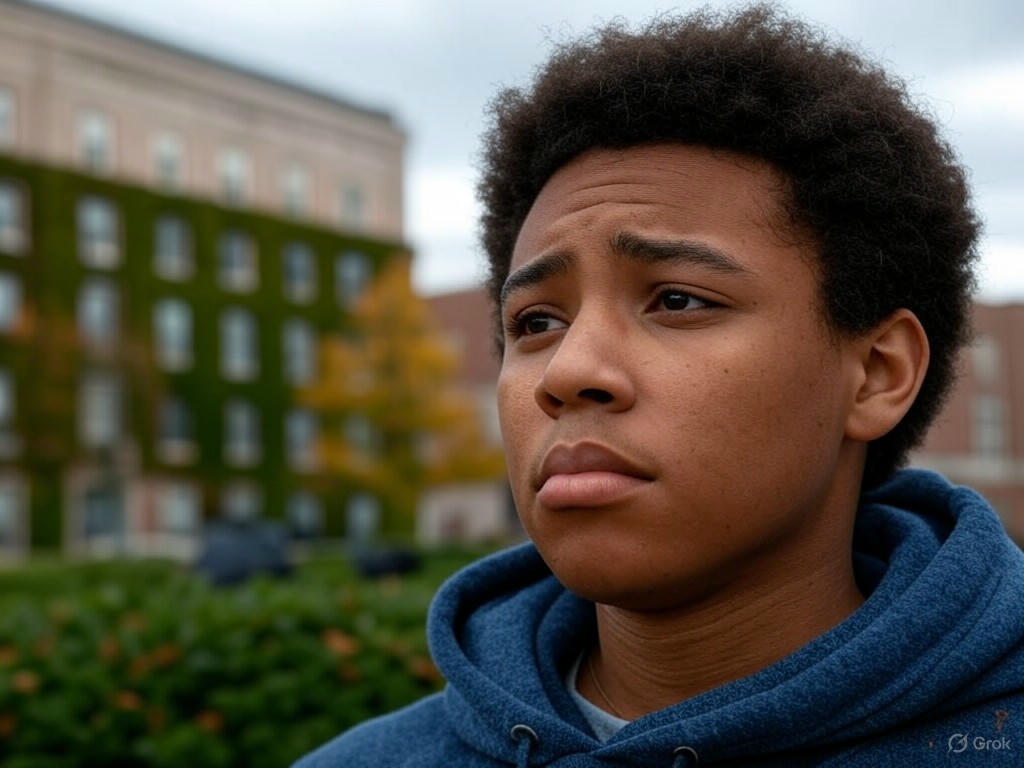Columbia University Faces Accreditation Threat Over Antisemitism Issues
In a striking move, the U.S. Department of Education has put Columbia University on notice, warning that its accreditation could be at risk due to allegations of inadequate protection for Jewish students on campus. This development, emerging under the Trump administration’s renewed focus on campus safety, has sparked intense debate about the balance between free speech and student security at one of America’s most prestigious institutions.
The controversy centers on claims that Columbia has not done enough to address antisemitism within its student body and faculty environment. Reports of harassment, discriminatory behavior, and hostile campus climates have surfaced repeatedly, prompting federal scrutiny. The Department of Education argues that failing to safeguard students from such bias violates the standards required for accreditation, a critical benchmark for any university’s legitimacy and access to federal funding. Columbia, known for its progressive stance and diverse student population, now finds itself at the heart of a national conversation about how universities handle sensitive cultural and political issues.
Critics of the university’s administration have pointed to specific incidents where Jewish students allegedly faced intimidation or exclusion during campus events and protests. Advocacy groups have long called for stronger policies to combat hate speech and ensure inclusivity, but some argue that Columbia’s response has been slow or insufficient. On the other hand, defenders of the university caution against federal overreach, suggesting that the threat to accreditation may be politically motivated. They argue that Columbia has taken steps to address these concerns, including hosting dialogues on diversity and implementing anti-discrimination training, though results remain under scrutiny.
The implications of this standoff are significant. Losing accreditation would not only damage Columbia’s reputation but could also jeopardize its ability to offer federal financial aid to students, a lifeline for many. Beyond the immediate impact, this situation raises broader questions about how universities nationwide can navigate the complex terrain of free expression while ensuring a safe environment for all. The Department of Education’s actions may set a precedent, prompting other institutions to reevaluate their own policies on discrimination and campus culture.
As this story unfolds, Columbia University has vowed to cooperate with federal investigators while defending its commitment to fostering an inclusive community. The administration has promised to review and strengthen its protocols, but whether these efforts will satisfy the government remains uncertain. Meanwhile, students and alumni are watching closely, aware that the outcome could reshape the university’s future. This clash between federal authority and academic autonomy underscores a critical challenge in higher education today: how to uphold values of openness and debate without allowing prejudice to take root. For now, Columbia stands at a crossroads, with its next steps likely to influence not just its own path but the landscape of American academia as a whole.


